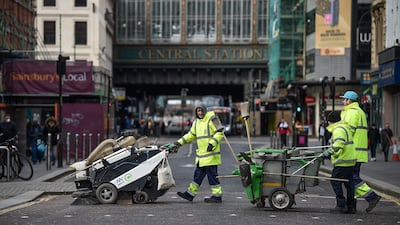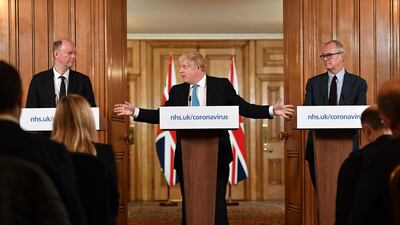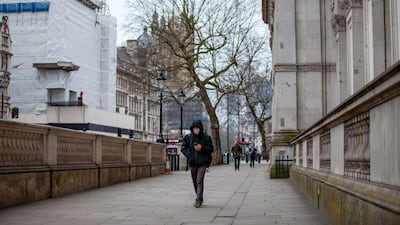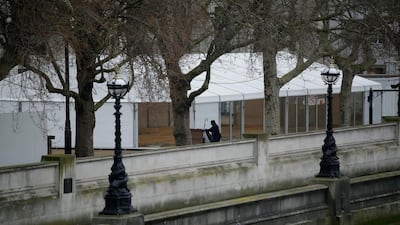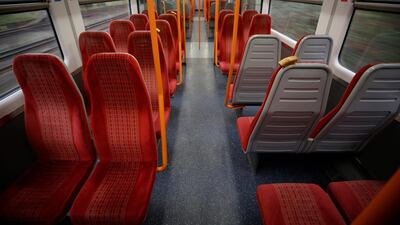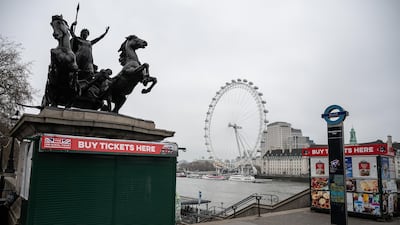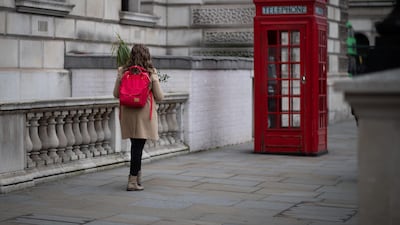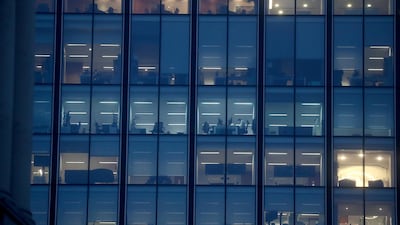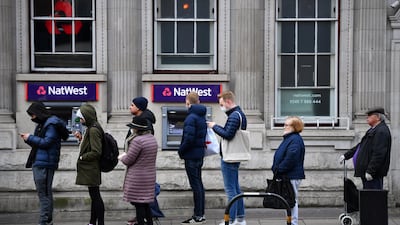Waiting to pick up a prescription in my local pharmacy and feeling bored, I started looking at the products on display. I was standing on an aisle where there were expensive cosmetics, and the packaging boasted that they contained “essential oils". It made me wonder which “oils” (or anything else for that matter) are “essential".
In my case, the only oils I could immediately think of as essential are the ones I put in my car and the olive oil I drizzle on my food. But an essential oil – as we all know – is “a concentrated hydrophobic liquid containing volatile chemical compounds from plants; essential oils are also known as volatile oils, ethereal oils, or aetherolea". (I looked it up.)
Anyhow, it made me think about what is essential in our lives, and who is essential in our lives, especially at this moment when we face the global coronavirus pandemic.
Before I went to the pharmacy, I dropped my children off for their last day at school for probably three months or even more. No one here in the UK knows when the schools will be open again because no one knows how bad things will be when the pandemic begins to take off.
At the school gates, teachers were taking names and telephone numbers of people who might be considered essential. Under the British government’s plan, all schools will close for most pupils, but the children of “key workers” and some vulnerable or special needs children will still attend restricted school classes.
Teachers, at least so far, are not entirely sure how this will work. They do not yet know how many children will still go to school, or how many teachers will be needed, and they recognise that what they can teach will be limited. But they also recognise that this kind of educational babysitting is necessary to free up the key workers that are essential to keeping the country going.
Yet who are these key workers?
The British government has produced a list, and clearly doctors, nurses, paramedics and hospital staff are on it along with other health workers and the teachers who will be providing a skeleton service in schools. But the problem is that once you start thinking about who is essential, then it is almost as if all of us are on the list. Farmers? Farm workers? Hospital and other cleaners? Dentists?
From the pharmacy I went to the supermarket, where the people stacking the shelves and working the tills – plus the lorry drivers bringing the food to the stores – are also essential. I talked with the owner of a local fish shop. He decided that he was not “essential” but the people who run the fish, meat and vegetable wholesale markets, where he and other shop owners source their fresh produce, most certainly are.
Then of course, there are our police forces, ambulance crews, fire brigade staff, soldiers and other military units, border force workers at our ports and airports, garbage collectors, plus the water company workers who are digging up the end of my street to put in a new sewer pipe, and the gas workers who have dug up another road nearby because it appears a supply pipe has broken.
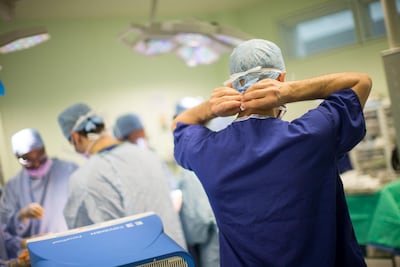
There are the news broadcasters and journalists, who are keeping us informed, and the scientists at universities researching perhaps a coronavirus vaccine, and the social care workers in homes for frail old people, and …
Well, by now you can see where I am going with this: governments can produce lists of essential services, and so can you.
The twist is when we consider how much most of these key workers, essential to our lives, are paid. Of course, news presenters and doctors, some scientists and maybe one or two shop owners are relatively well off. But for the most part, many of the workers most of us would consider to be absolutely essential to our lives are not very well paid.
As a society, we need people to fill supermarket shelves and drive lorries loaded with food and trains or buses to let us move around. But if they are “essential” then the way in which they are rewarded does not make that obvious.
In Britain, nurses are among the most trusted professions, but they are not very well paid. We think we value people by how well we think of them – but isn’t the unpleasant fact that the only way we can measure how a society values people is by how much they are paid?
And yet some of the highest-paid people are those whom we could do without – the currency speculators, the traders who reportedly have made a fortune shorting companies and currencies and so on. The flipside of thinking about essential or key workers is that there are professions not immediately essential in a pandemic. I suspect you can think of your own list of those as well.
Perhaps when things settle down, we should remember who is essential and who – like the cosmetics in the pharmacy – are expensive and nicely packaged but not essential at all.
Gavin Esler is a journalist, author and presenter
